Space Flashcards
2014-10-24
Here are some space-related flash cards, including planets, spaceships, and astronauts. Some things are hard to depict in graphical format, and those I had to skip. Categories of things (i.e., galaxies), or things that are too far away to see (i.e., small moons), are hard to capture in a single image. This deck has fifty-one cards. The planets all appear twice, with two different photos. In general I avoid duplicate entries, but the planet names are perhaps the most important here, and using different pictures should make the words memorable. Sometimes multiple views of the same object is quite useful, particularly if that object looks different when you change the angle or lighting.
Here is a deck for Anki. Each flashcard has a picture on the front and the Japanese, phonetic reading, and English on the back.
| Picture | English | Japanese | Kana |
|---|---|---|---|
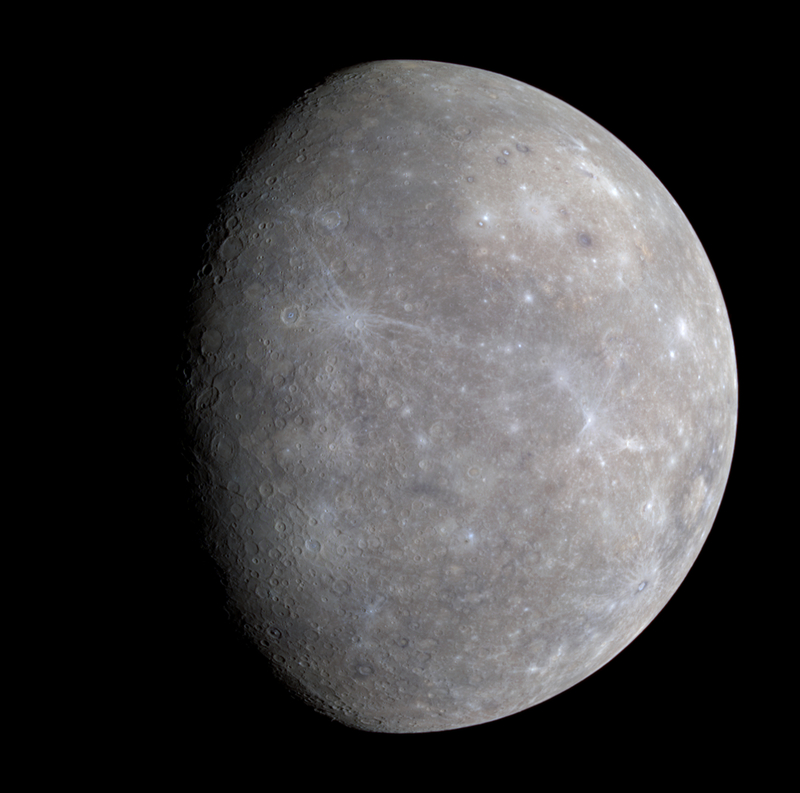 | Mercury | 水星 | すいせい |
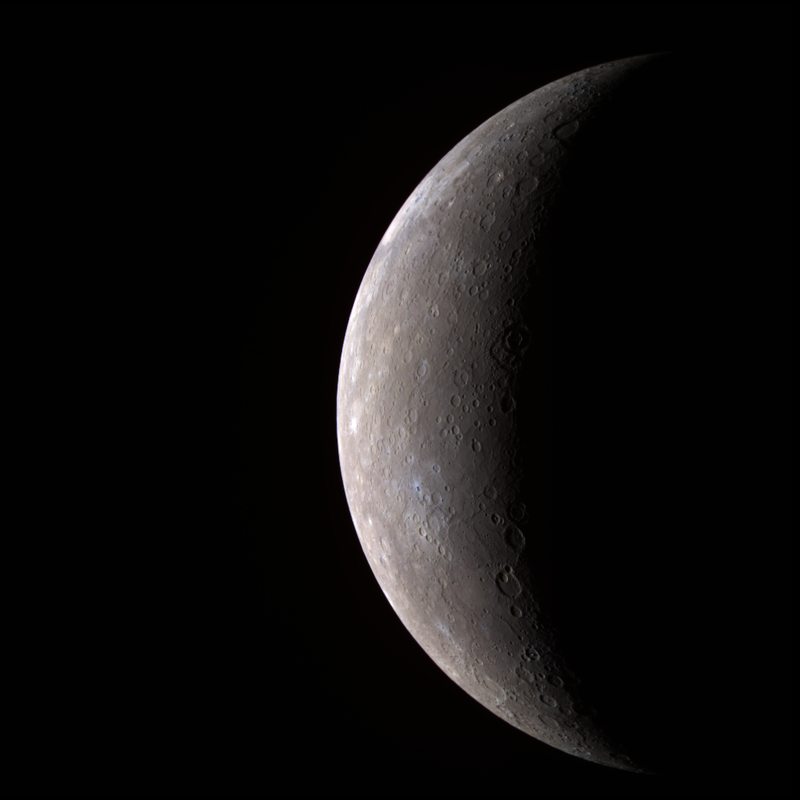 | Mercury | 水星 | すいせい |
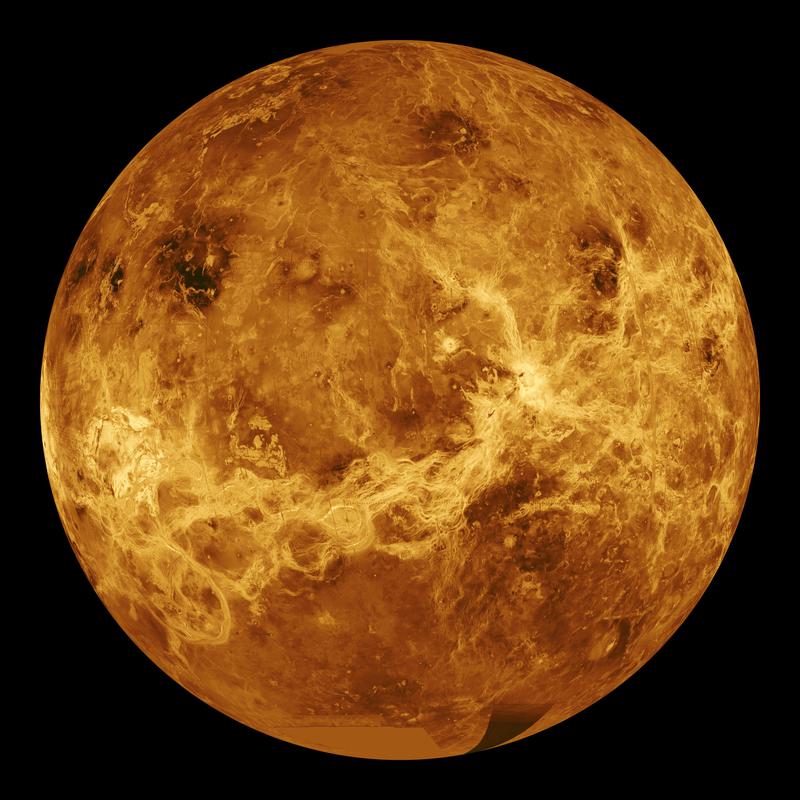 | Venus | 金星 | きんせい |
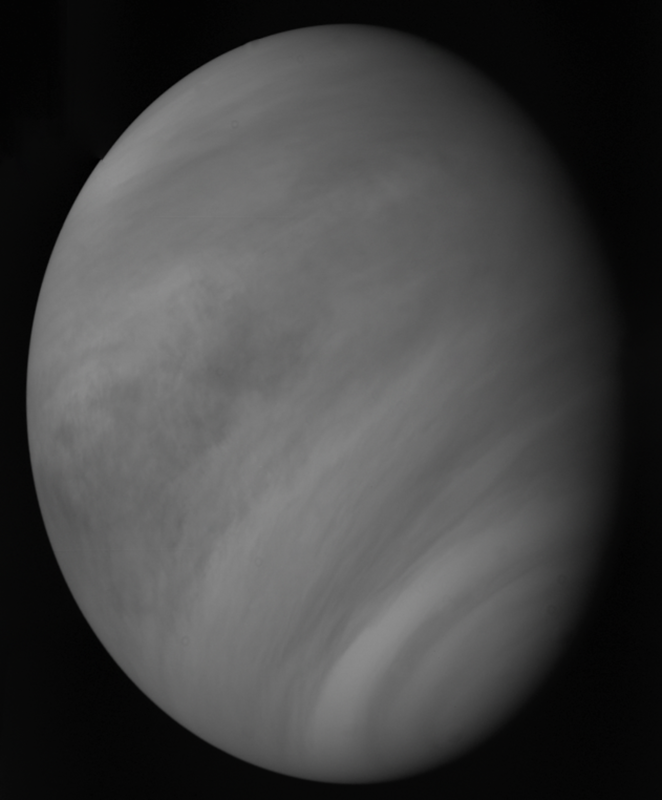 | Venus | 金星 | きんせい |
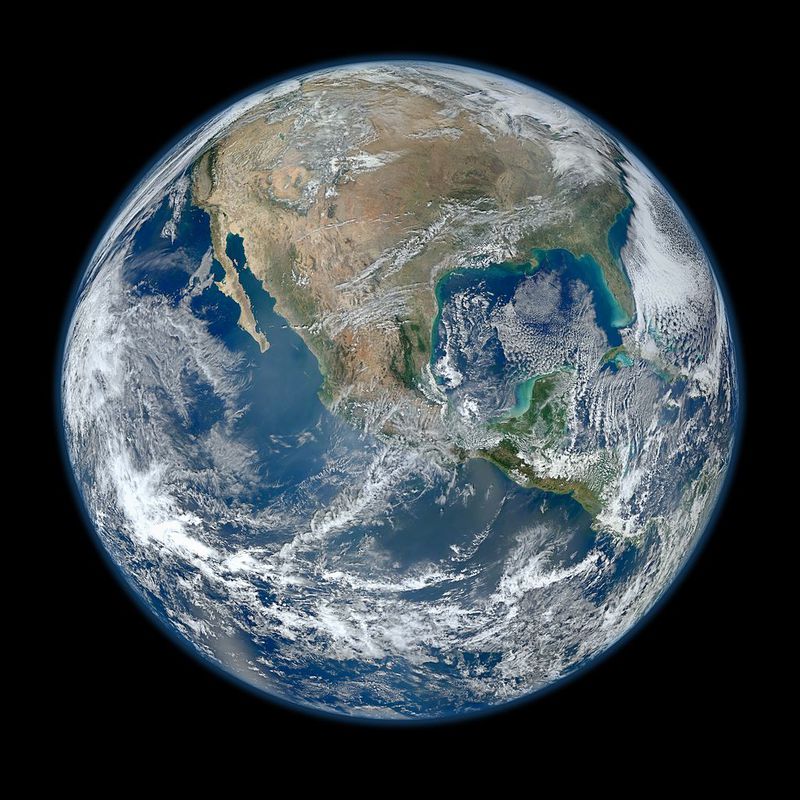 | The Earth | 地球 | ちきゅう |
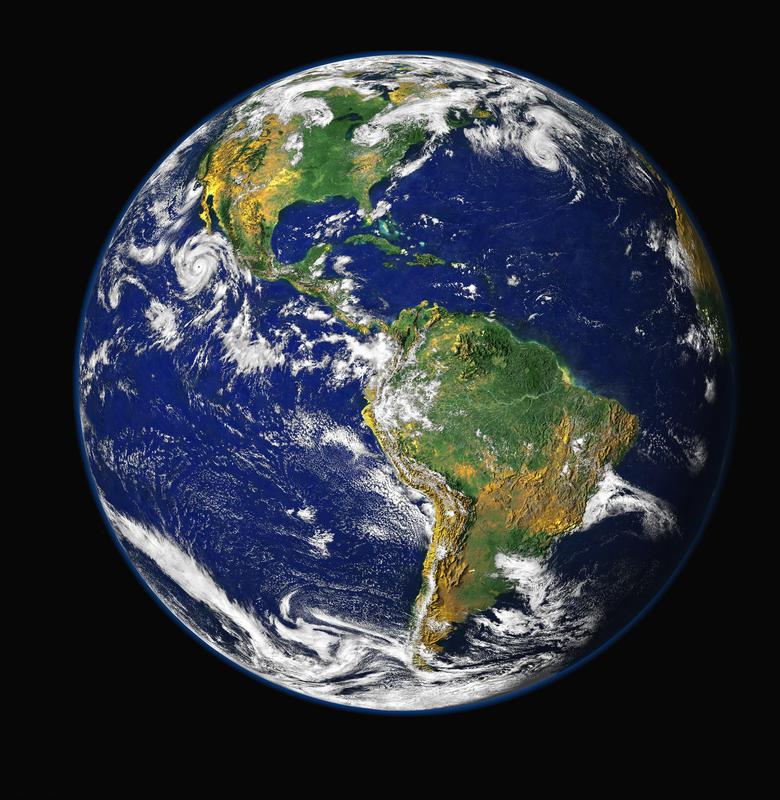 | The Earth | 地球 | ちきゅう |
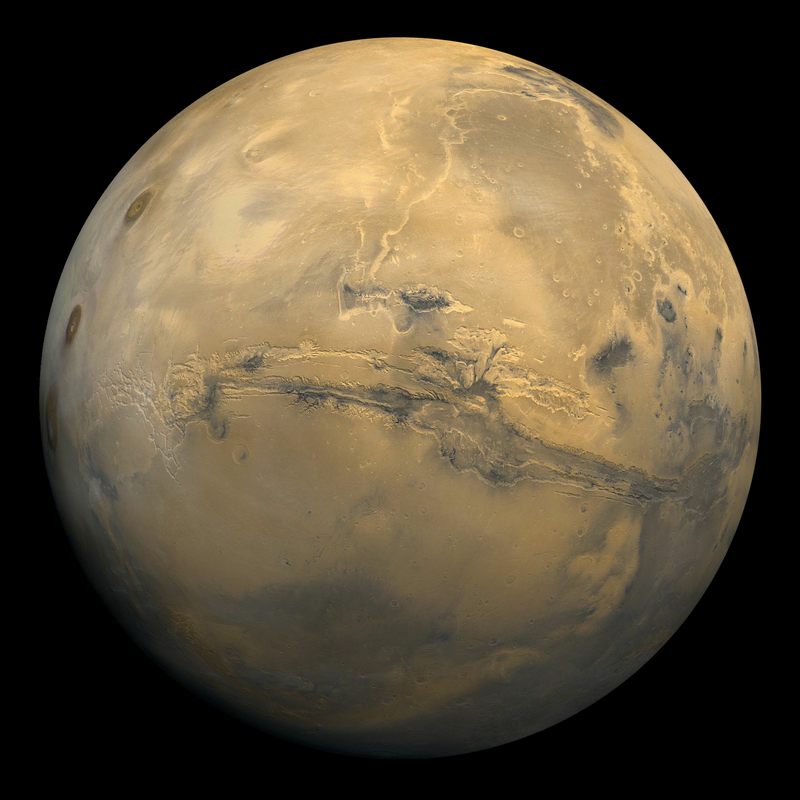 | Mars | 火星 | かせい |
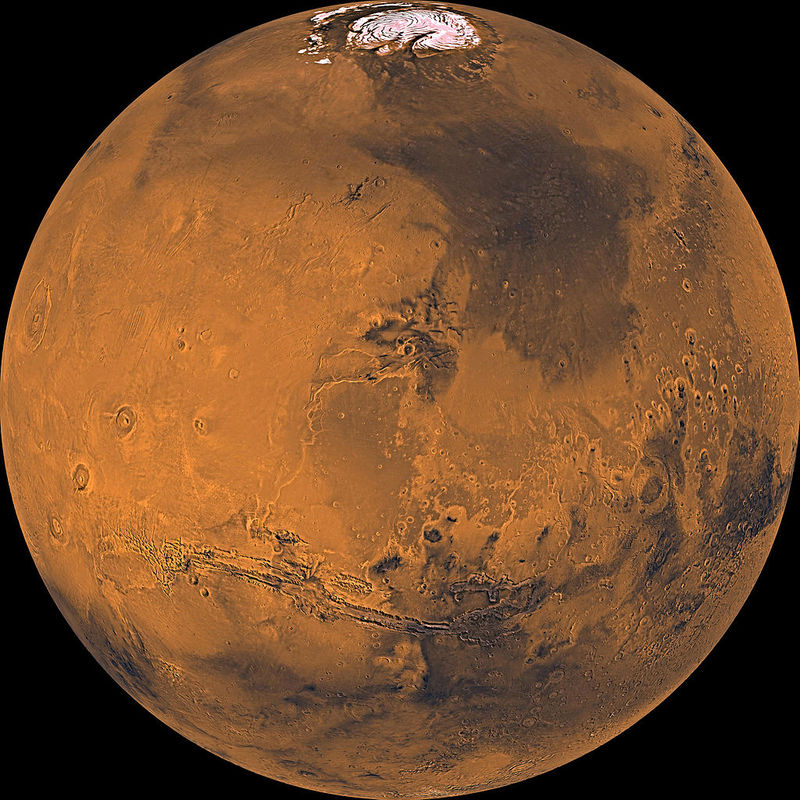 | Mars | 火星 | かせい |
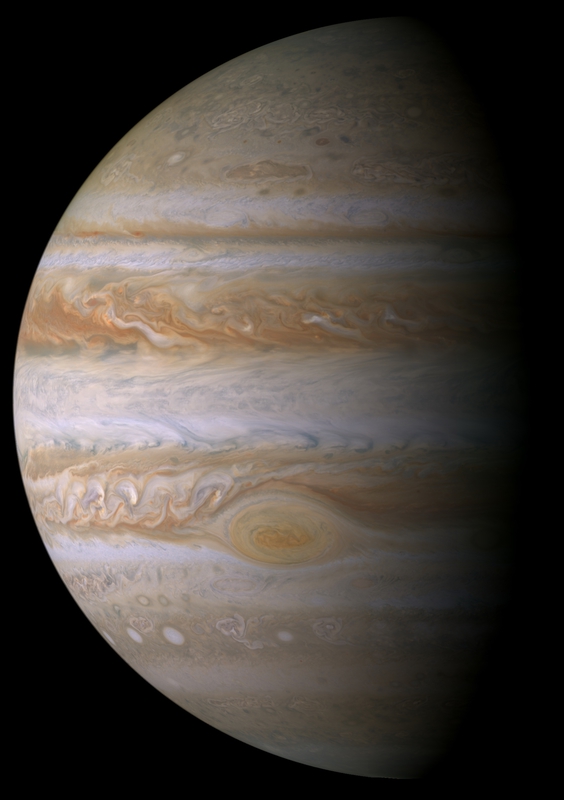 | Jupiter | 木星 | もくせい |
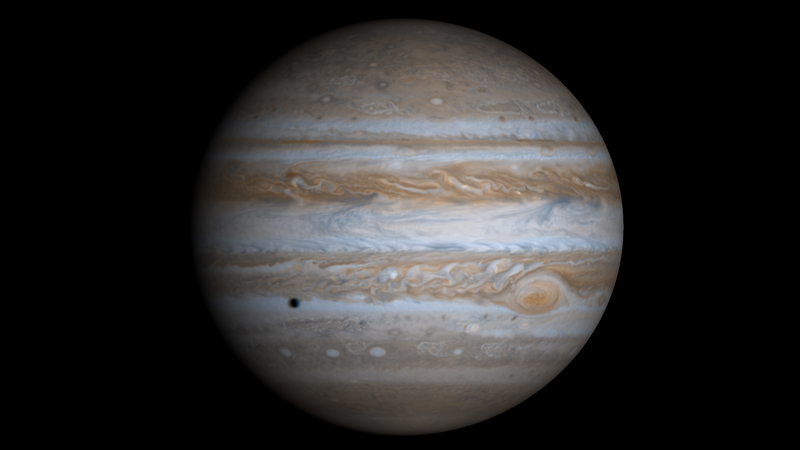 | Jupiter | 木星 | もくせい |
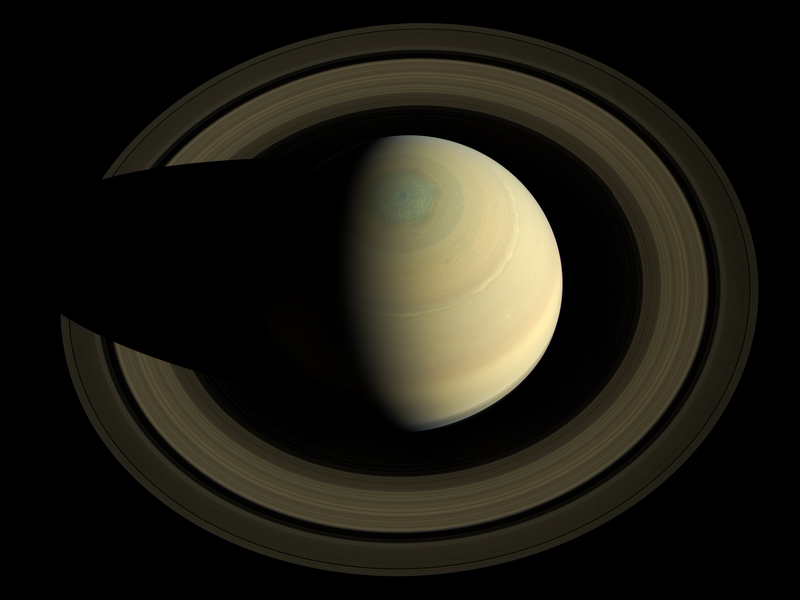 | Saturn | 土星 | どせい |
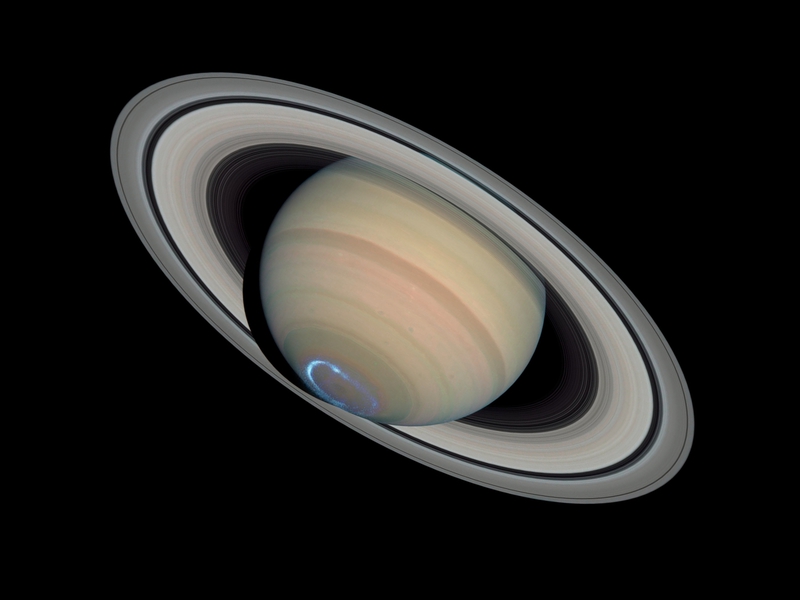 | Saturn | 土星 | どせい |
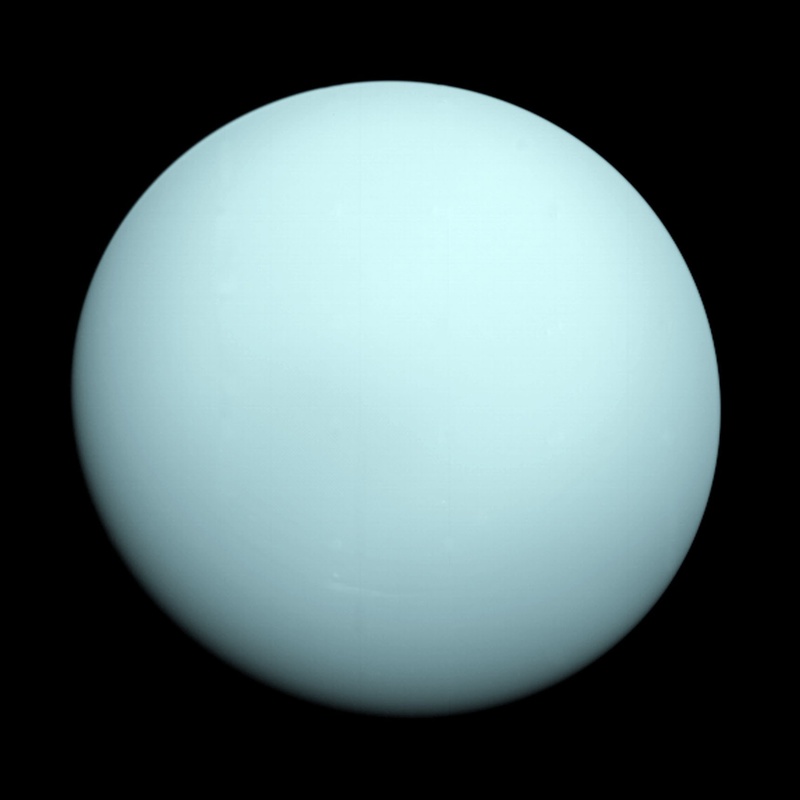 | Uranus | 天王星 | てんのうせい |
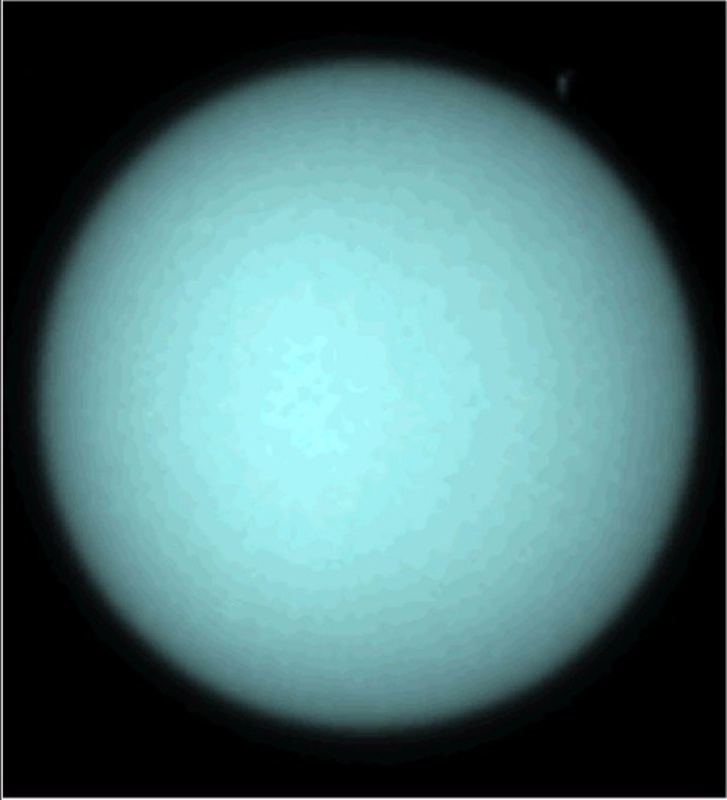 | Uranus | 天王星 | てんのうせい |
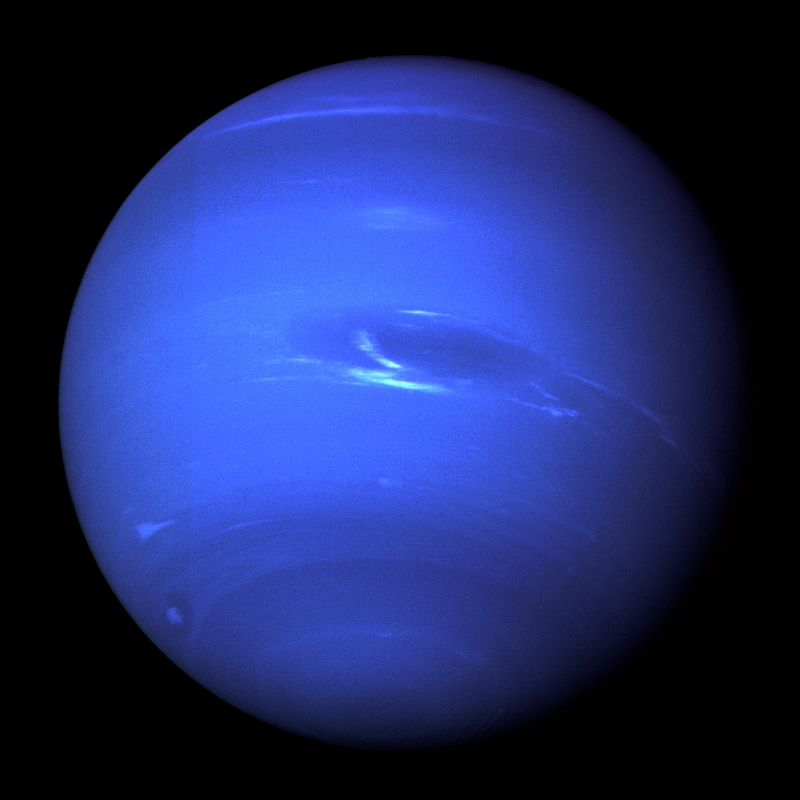 | Neptune | 海王星 | かいおうせい |
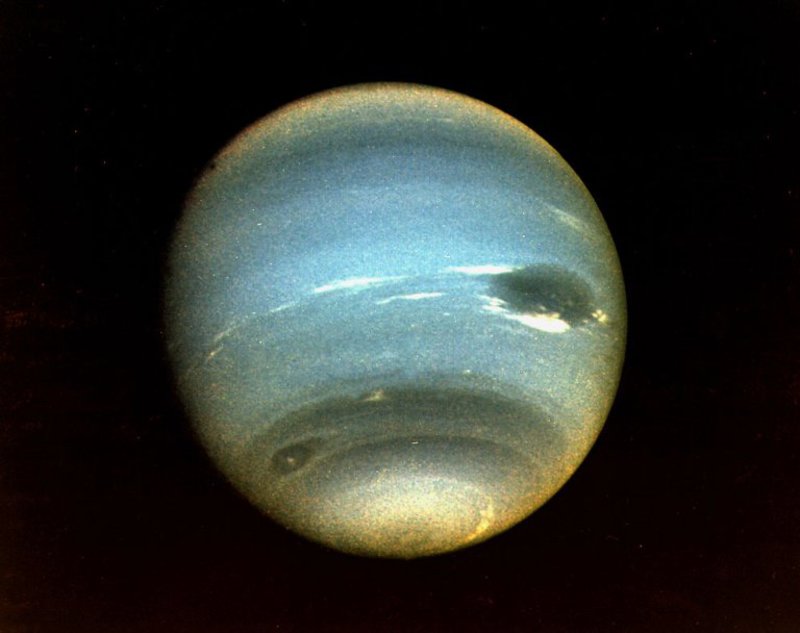 | Neptune | 海王星 | かいおうせい |
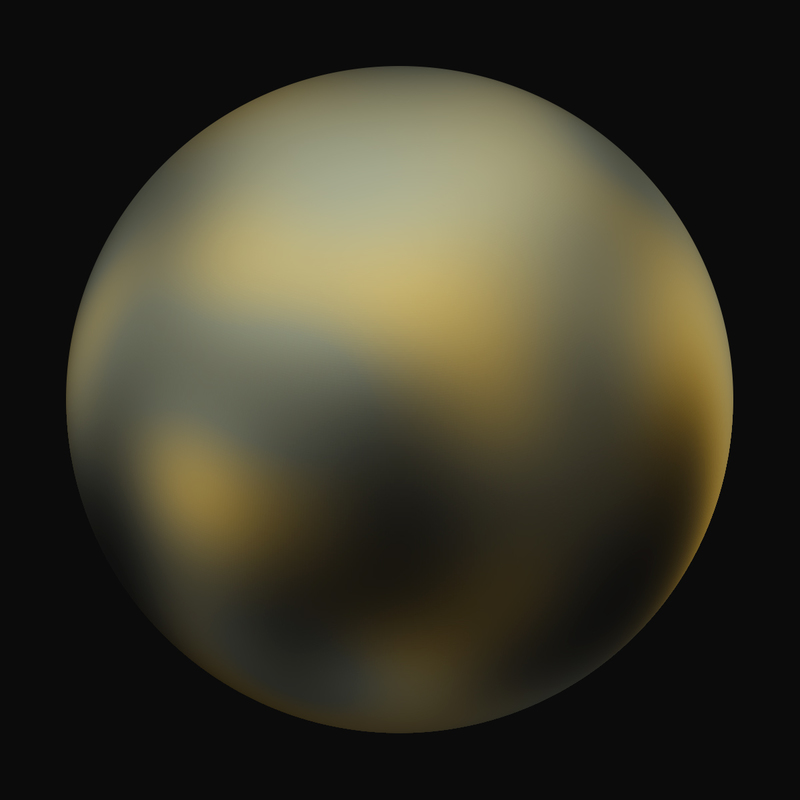 | Pluto | 冥王星 | めいおうせい |
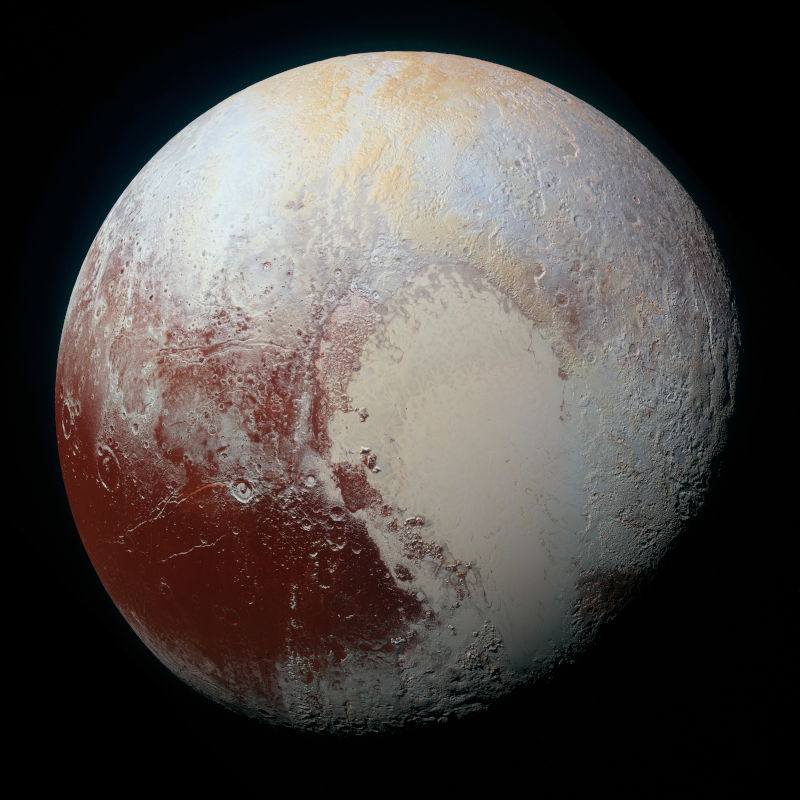 | Pluto | 冥王星 | めいおうせい |
 | The Sun | 太陽 | たいよう |
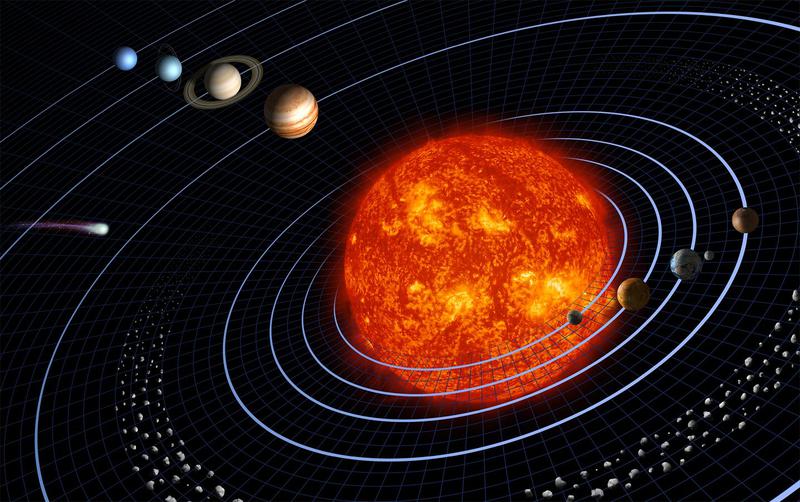 | The Solar System | 太陽系 | たいようけい |
 | nebula | 星雲 | せいうん |
 | galaxy | 銀河 | ぎんが |
 | The Moon | 月 | つき |
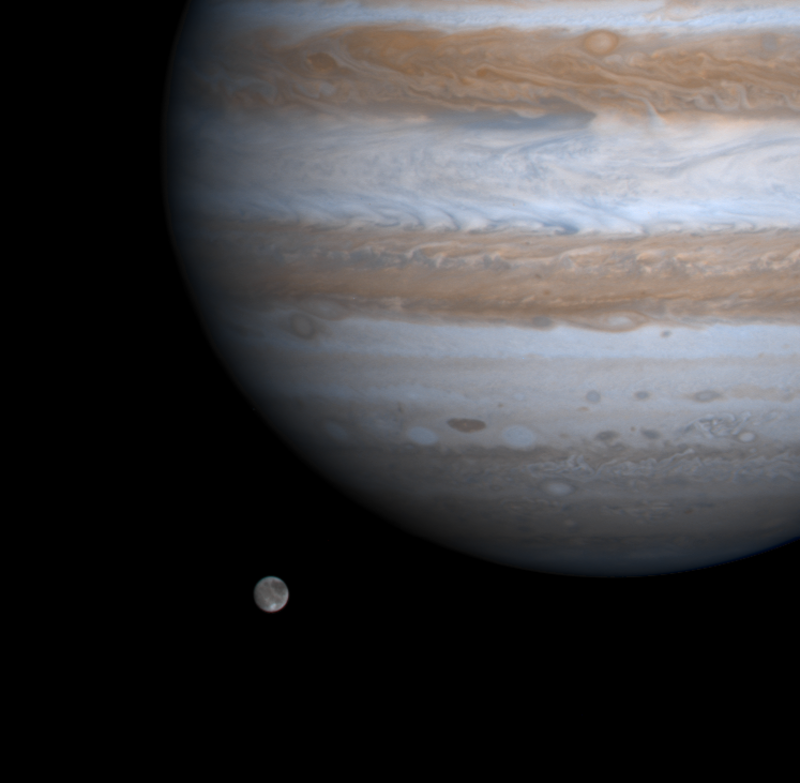 | Ganymede | ガニメデ | ガニメデ |
 | Io | イオ | イオ |
 | comet | 彗星 | すいせい |
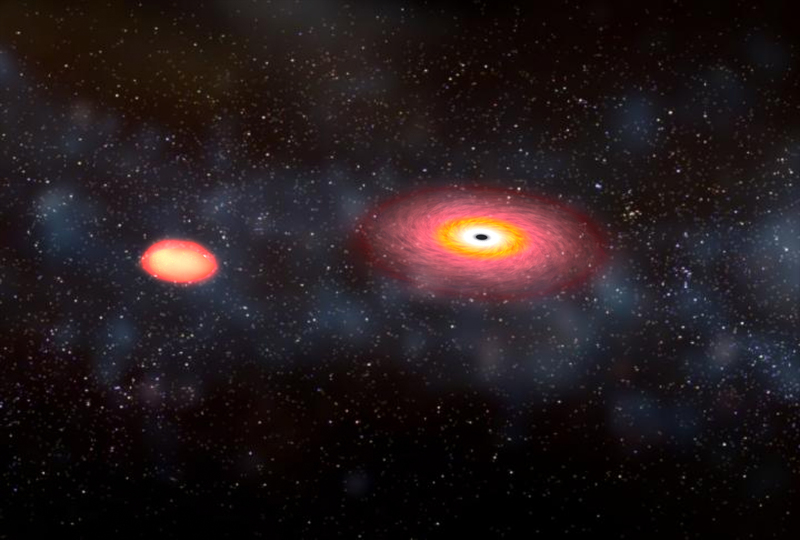 | black hole | ブラックホール | ブラックホール |
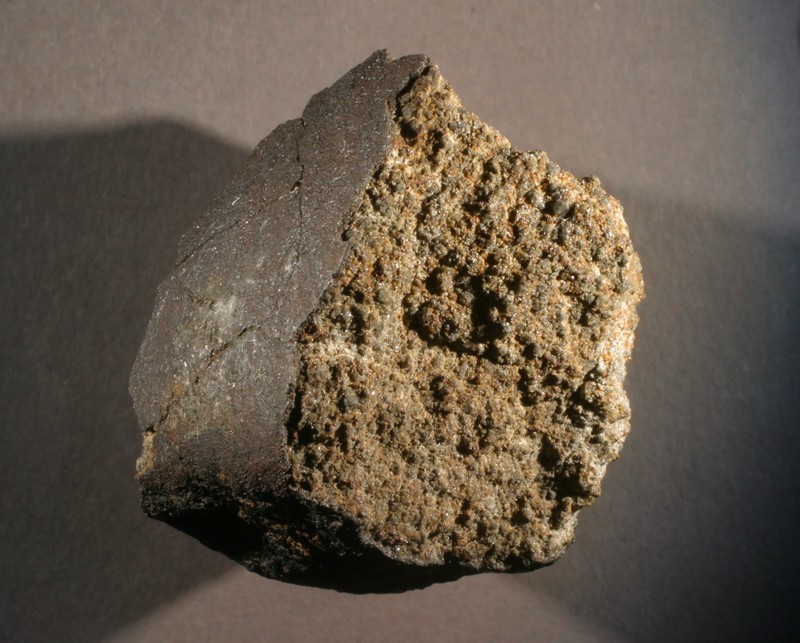 | meteorite | 隕石 | いんせき |
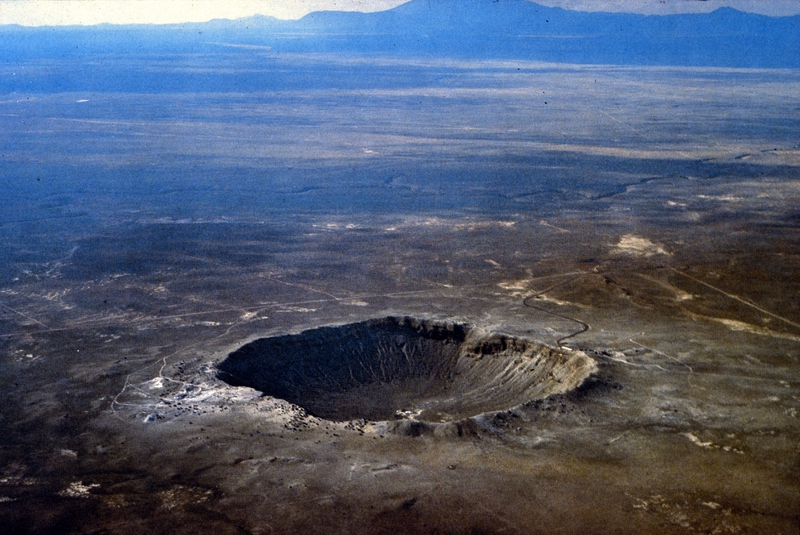 | meteorite crater | 隕石孔 | いんせきこう |
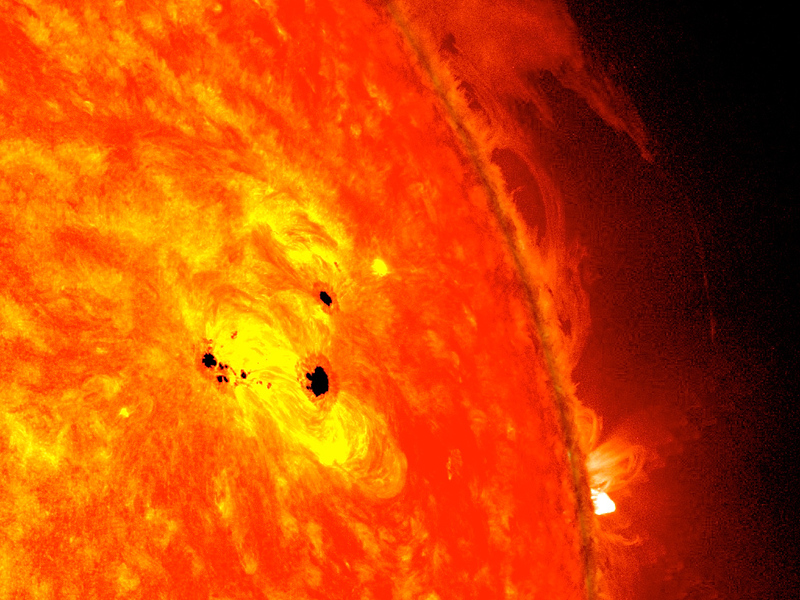 | sunspot | 黒点 | こくてん |
 | sundial | 日時計 | ひどけい |
 | The Big Dipper | 北斗七星 | ほくとしちせい |
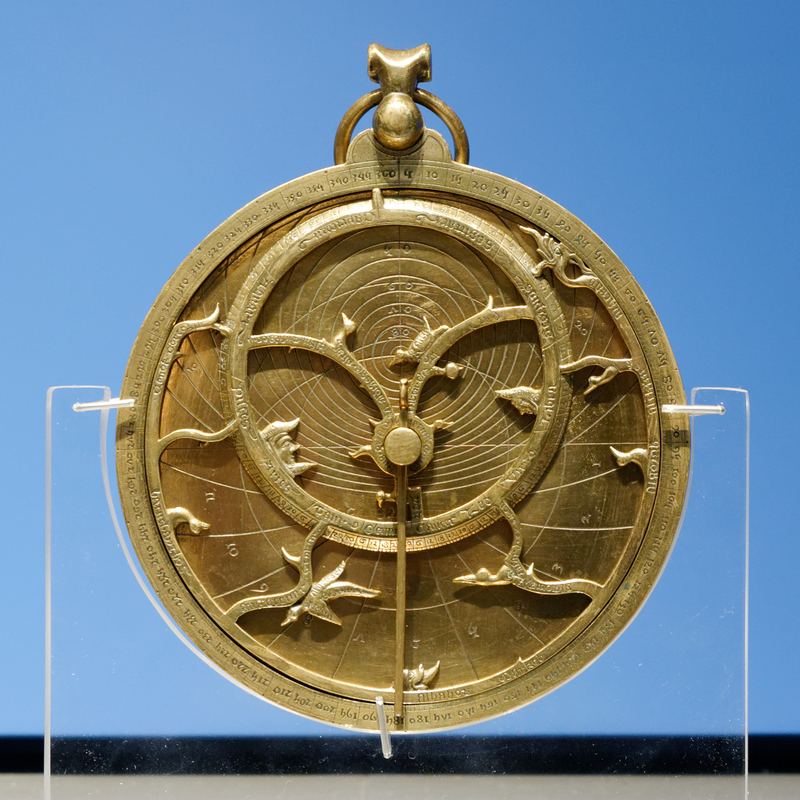 | astrolabe | アストロラーベ | アストロラーベ |
 | northern lights | 北極光 | ほっきょくこう |
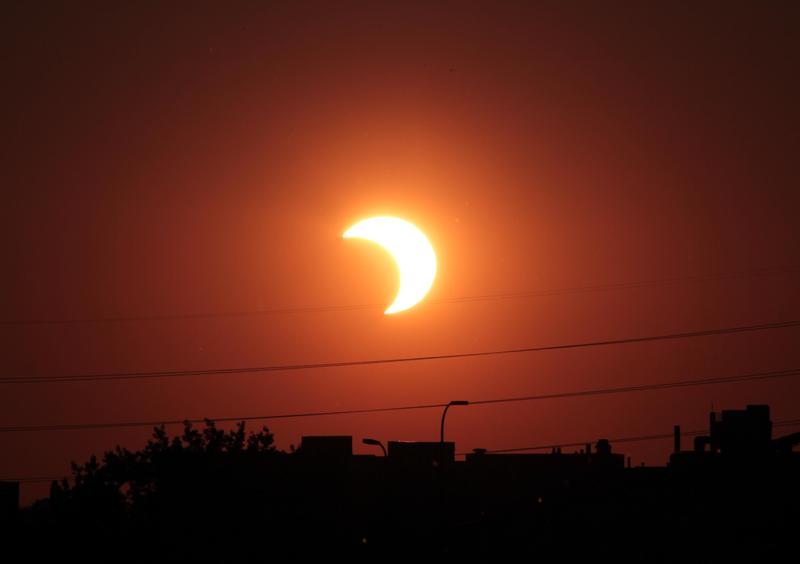 | solar eclipse | 日食 | にっしょく |
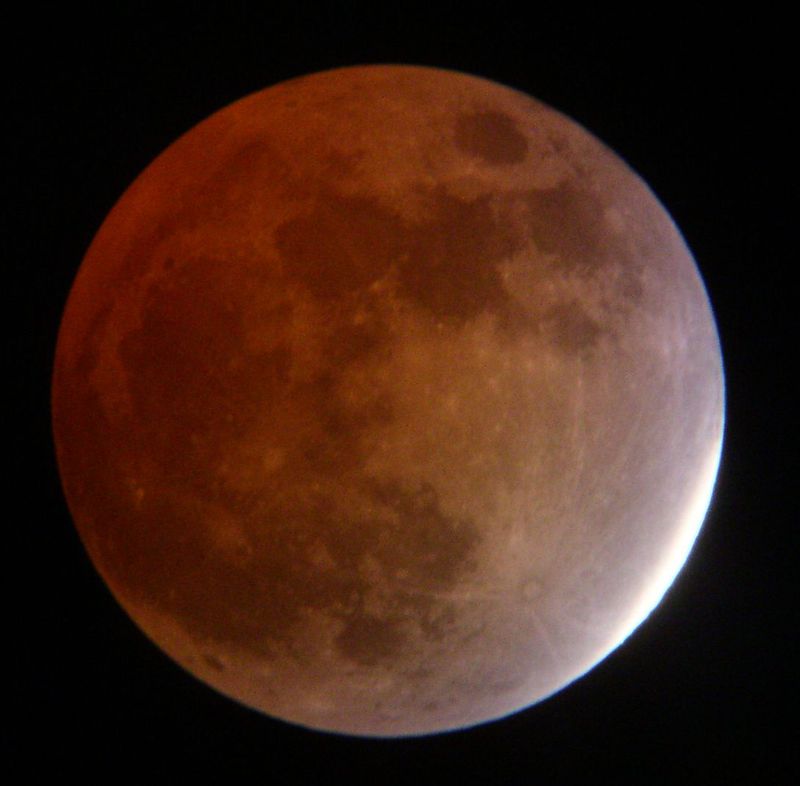 | lunar eclipse | 月食 | げっしょく |
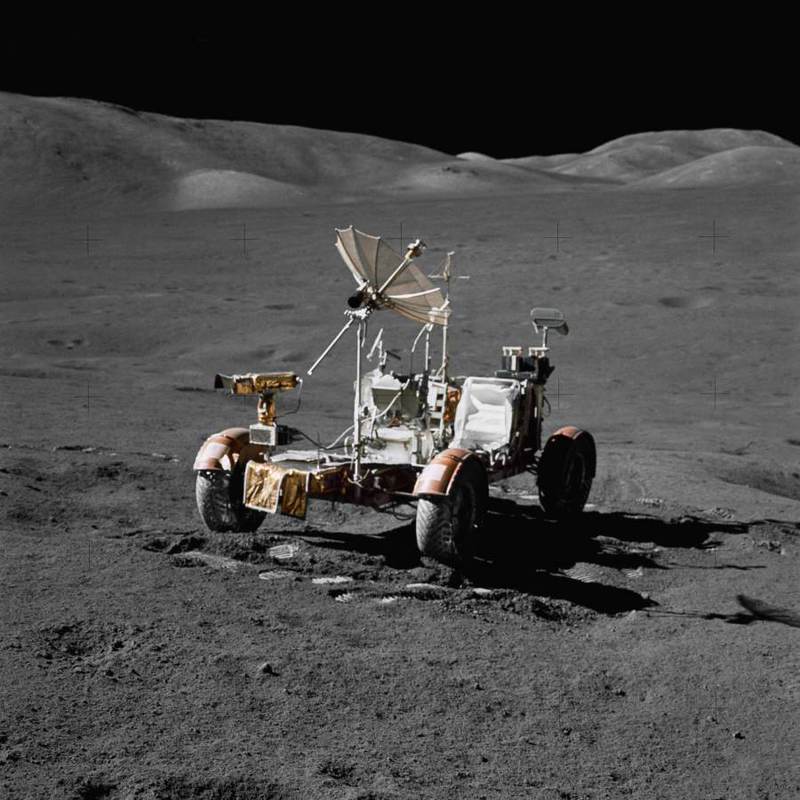 | lunar rover | 月面車 | げつめんしゃ |
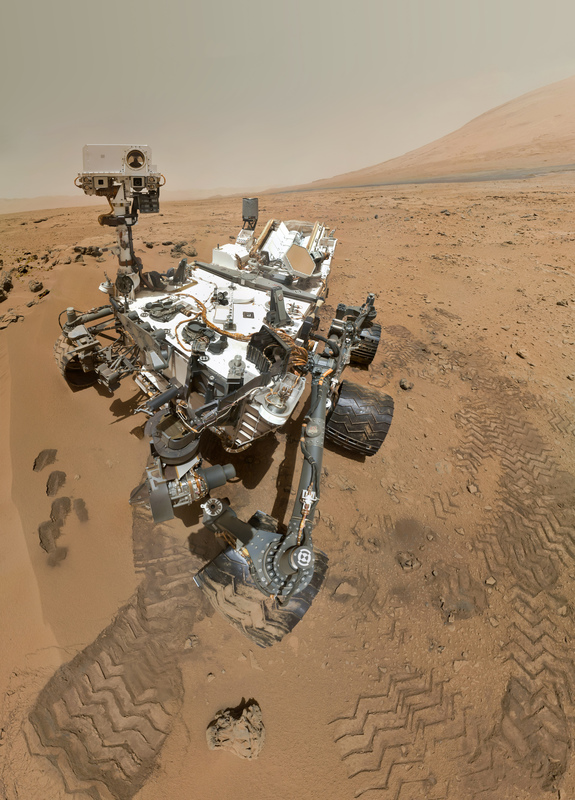 | Mars rover | 火星探査機 | かせいたんさき |
 | The Hubble Space Telescope | ハッブル宇宙望遠鏡 | ハッブルうちゅうぼうえんきょう |
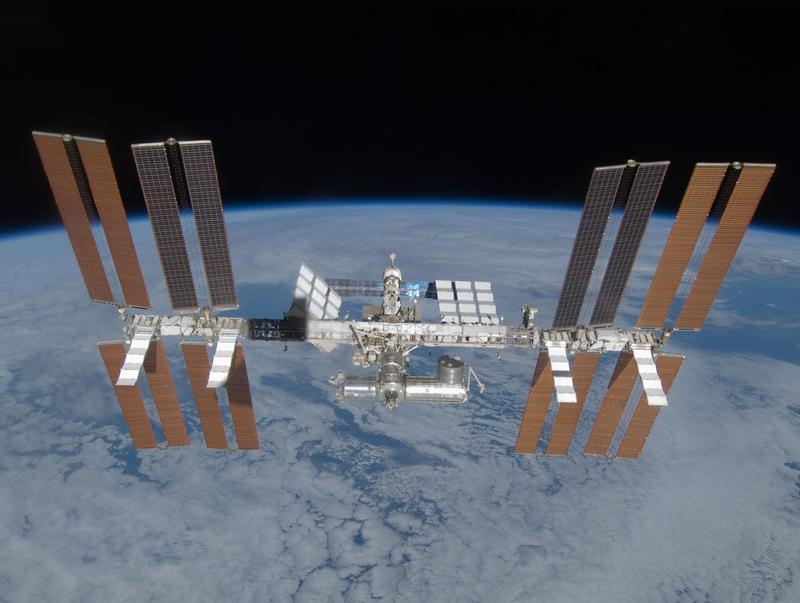 | The International Space Station | 国際宇宙ステーション | こくさいうちゅうステーション |
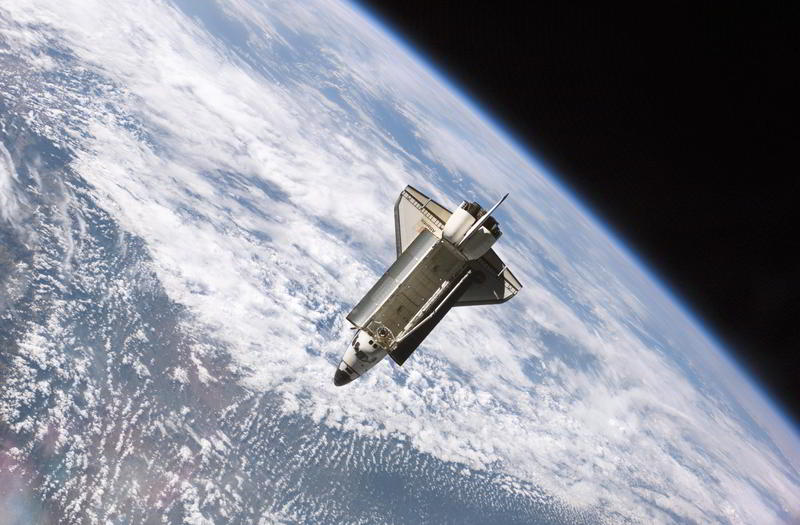 | spaceship | 宇宙船 | うちゅうせん |
 | astronaut | 宇宙飛行士 | うちゅうひこうし |
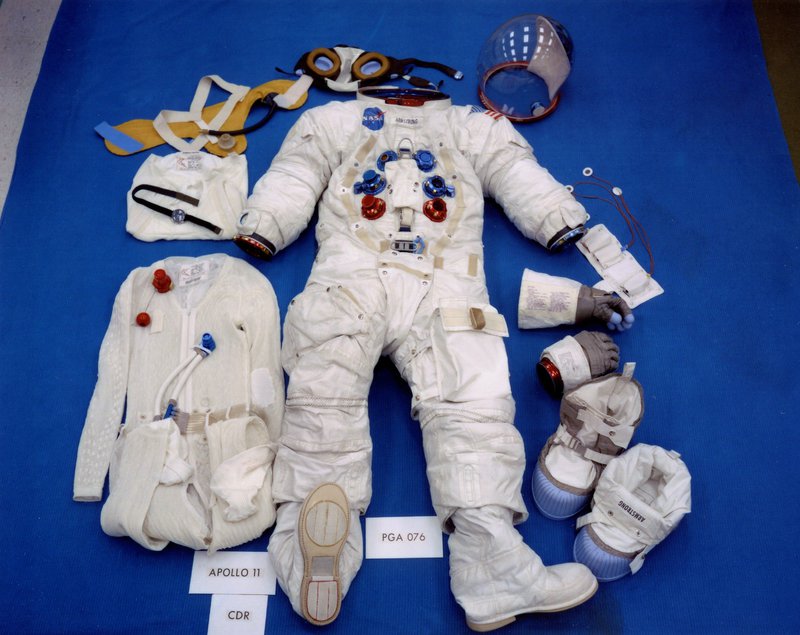 | space suit | 宇宙服 | うちゅうふく |
 | space helmet | 宇宙帽 | うちゅうぼう |
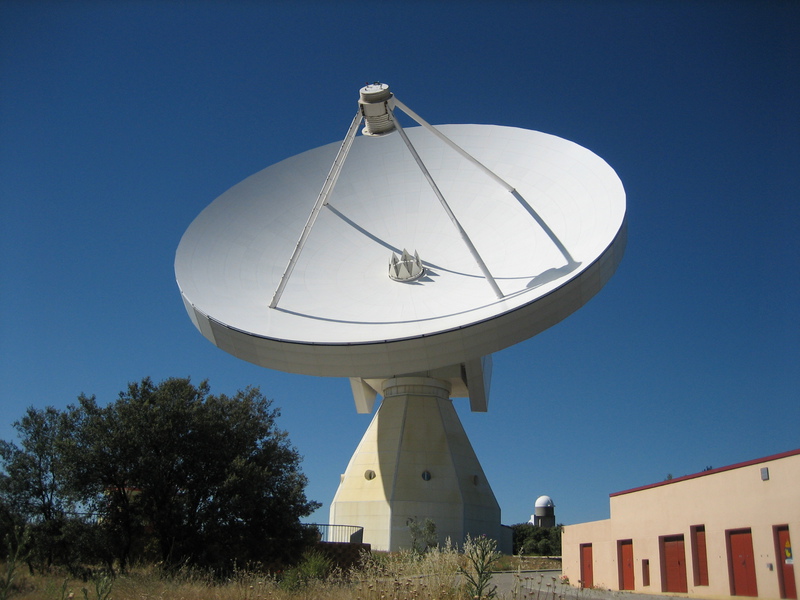 | radio telescope | 電波望遠鏡 | でんぱぼうえんきょう |
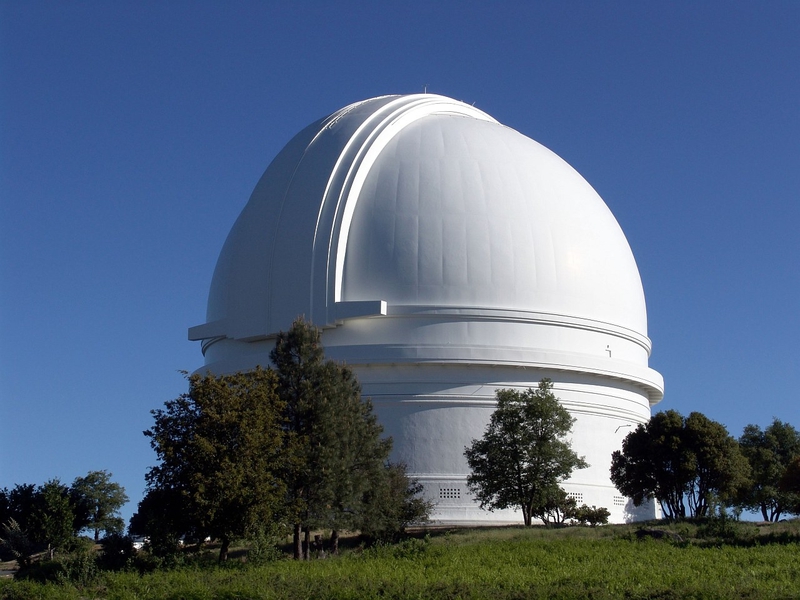 | astronomical observatory | 天文台 | てんもんだい |
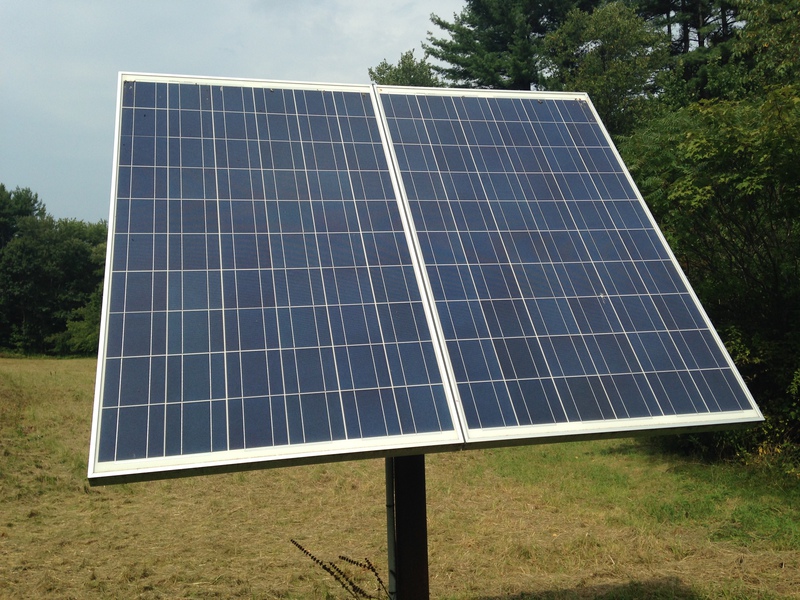 | solar panel | ソーラーパネル | ソーラーパネル |
 | laser | レーザー | レーザー |
 | magnet | 磁石 | じしゃく |
 | atom | 原子 | げんし |
 | airplane | 飛行機 | ひこうき |
| Picture | English | Japanese | Kana |
Flashcards on the Phone
I've been using phone-based and computer-based flashcards for three years. They're great because any decent application does spaced repetition, which means that you see the cards you don't know very well more often. When you first start using a spaced repetition system to study it can be frustrating. After all, the cards you don't know keep showing up and it feels like you're not making any progress. As you grow accustomed to the system, though, you worry less. Suppose you see a flashcard with picture of Jupiter on it but don't know how to say "Jupiter" in Japanese. It's good the card came along! If that flashcard hadn't come along, you might have felt you knew the word even though you didn't. The words that you sort of know, or that you can only sometimes remember, those are the ones where you want to see the flashcards. If you know a word very well and the card shows up, it's a waste of your time. Why bother studying a word you already know, right?
Avoid Burdensome Studying
A risk to any study method, and especially flashcards, is that they can get monotonous and burdensome. When you're using a spaced repetition system to study, there are two numbers to consider: the number of new cards per day, and the maximum number of cards to review each day. If you feel like studying is taking too long, and if you have too many cards to review, immediately make those numbers much lower. Currently, I have five new cards per day, which is the lowest it's been in a while. If the new cards are relatively easy, and my daily review count is low for a few weeks, I might move that up to ten or twenty. There's no point in rushing, though. If I try to study too many cards, first of all I'll get tired and inefficient. More importantly, though, studying shouldn't feel like a burden. You should study because you want to, because it's interesting, and because you feel like you're learning something every time you do it.
Find Short Time Slots
How long one should spend on flashcards is a personal consideration. If you commute by train or bus, you have two obvious time slots in your day. If you have the time and energy, studying for up to fifteen minutes twice a day sounds reasonable. Twice a day is nice, but only once a day is fine. I like to study for roughly ten minutes at a time. After that, and sometimes before that, my brain gets tired and needs a long break. Some days I can't remember much of anything and give up after a few minutes. This all varies by person; what is good for me maybe is not good for you. This all changes over time, too, as you learn flashcards and start adding new and different ones.
Delete Problematic Cards Quickly
When you're using flash cards to learn words or sentences in a foreign language, there's an important rule: If a card is confusing, takes too long, or you're not sure if it's correct, delete it. There are tens of thousands of words to learn, and there's no way you can study them all. If your flashcard set contains pictures that are ambiguous or sentences where the meaning is unclear, you save time by deleting those summarily. If you have a fifty word sentence and stumble on word #25 the first time you see it and word #28 the second time you see it, you're doing too much with one card. The sentence is too long and you should either shorten it or delete it. I recommend deleting it, because deleting things is fast and feels good. It's easy enough to find new things to study.
